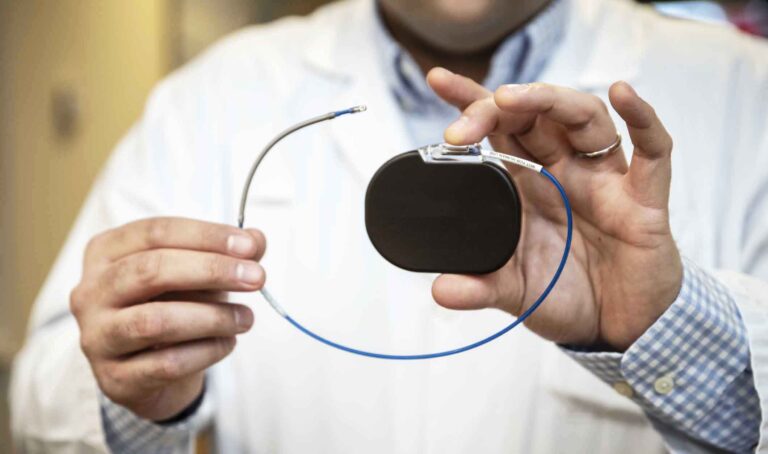FDA Seeks Public Input on AI-Compatible Medical Device Performance
The integration of advanced technologies, especially artificial intelligence (AI), in medical devices introduces new challenges regarding safety and efficiency throughout the product lifecycle. The Food and Drug Administration (FDA) is now requesting public comments to refine its understanding and approaches to assessing the performance of these compatible medical devices in real-world settings.
Request for Public Comment
The FDA has issued a call for public comment aimed at gathering insights on effective strategies for measuring and evaluating the performance of AI-compatible medical devices. This effort focuses on identifying performance drift and includes mechanisms for detecting changes in both input and output conditions. Comments are due by December 1.
Aiming for a Collaborative Discussion
It is important to note that the FDA’s request does not signify any project or final directive. There are no immediate policy changes being proposed regarding the evaluation of devices incorporating AI generative technology. Rather, the FDA’s initiative invites early feedback from diverse stakeholders to foster broader discussions within the healthcare ecosystem.
The Importance of AI in Healthcare
According to the FDA, AI, particularly generative AI, presents significant opportunities to enhance patient outcomes, boost public health, and expedite medical innovation. However, it is crucial to address the associated safety concerns throughout the product lifecycle—particularly regarding the evaluation of performance, safety, and reliability post-deployment.
Best Practices for Monitoring AI Device Performance
The FDA is seeking information on best practices and methodologies for measuring the actual performance of AI-compatible medical devices. This includes strategies for detecting, evaluating, and mitigating performance changes over time to ensure these devices remain effective and safe.
Factors Influencing AI System Performance
Performance degradation in AI systems can occur due to various factors such as shifts in clinical practice, changes in patient demographics, and fluctuations in data inputs. The FDA has identified that performance drift can lead to increased bias and reduced reliability, emphasizing the need for ongoing assessment and adjustment.
Current Trends in Device Evaluation
A significant trend is that many AI-compatible medical devices are primarily evaluated through retrospective testing or static benchmarks. The request for public comments follows discussions held at the November 2024 meeting of the FDA’s digital health advisory committee, aiming to enhance the regulatory framework around these innovative technologies.

